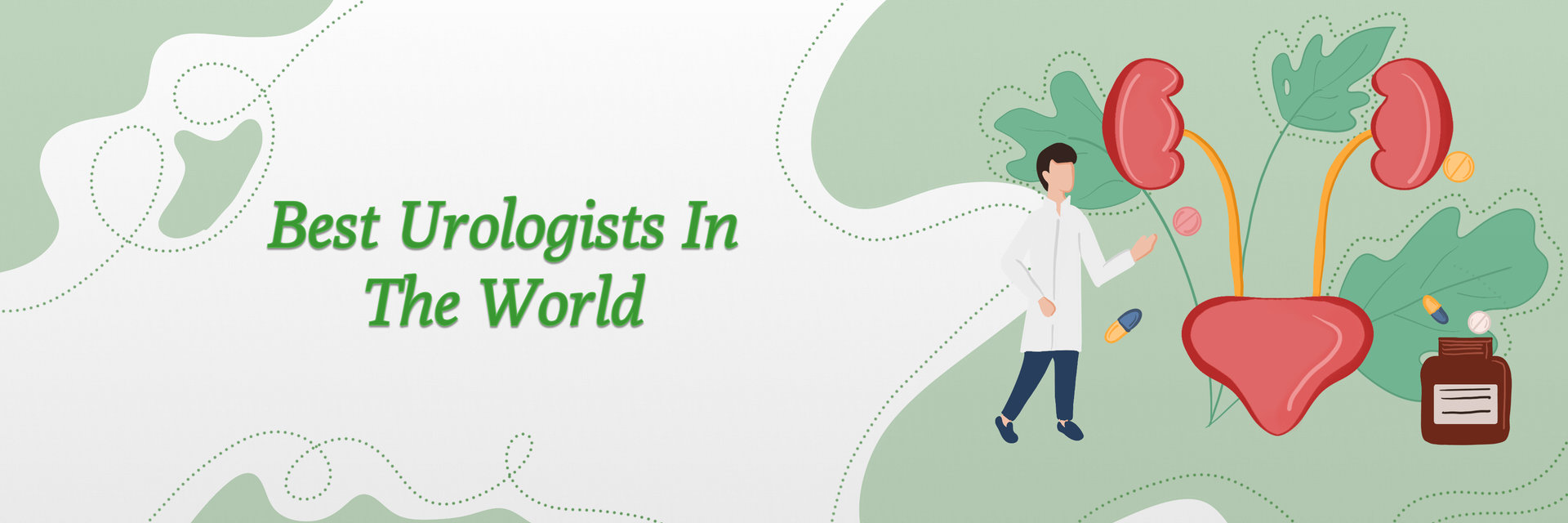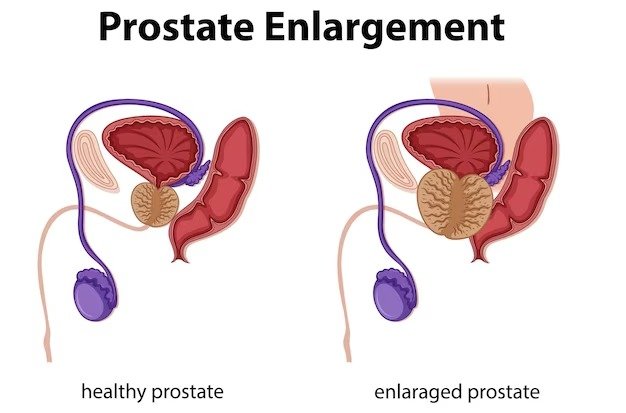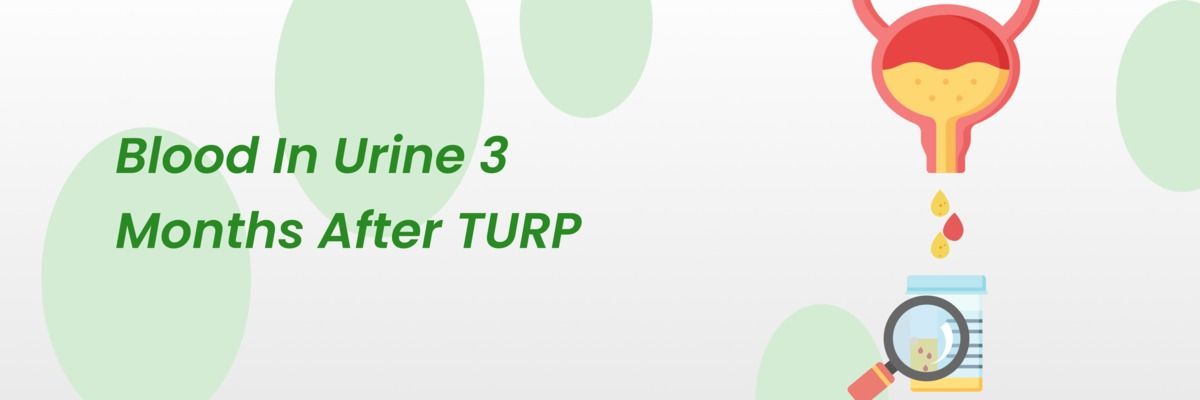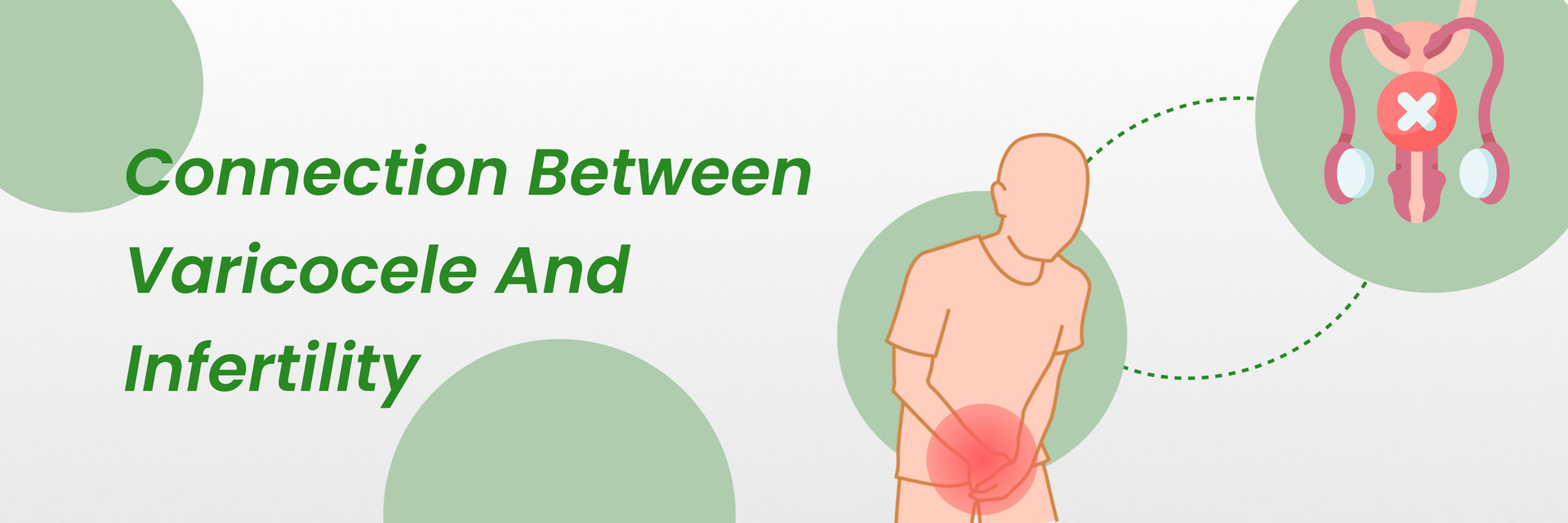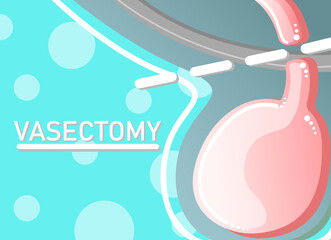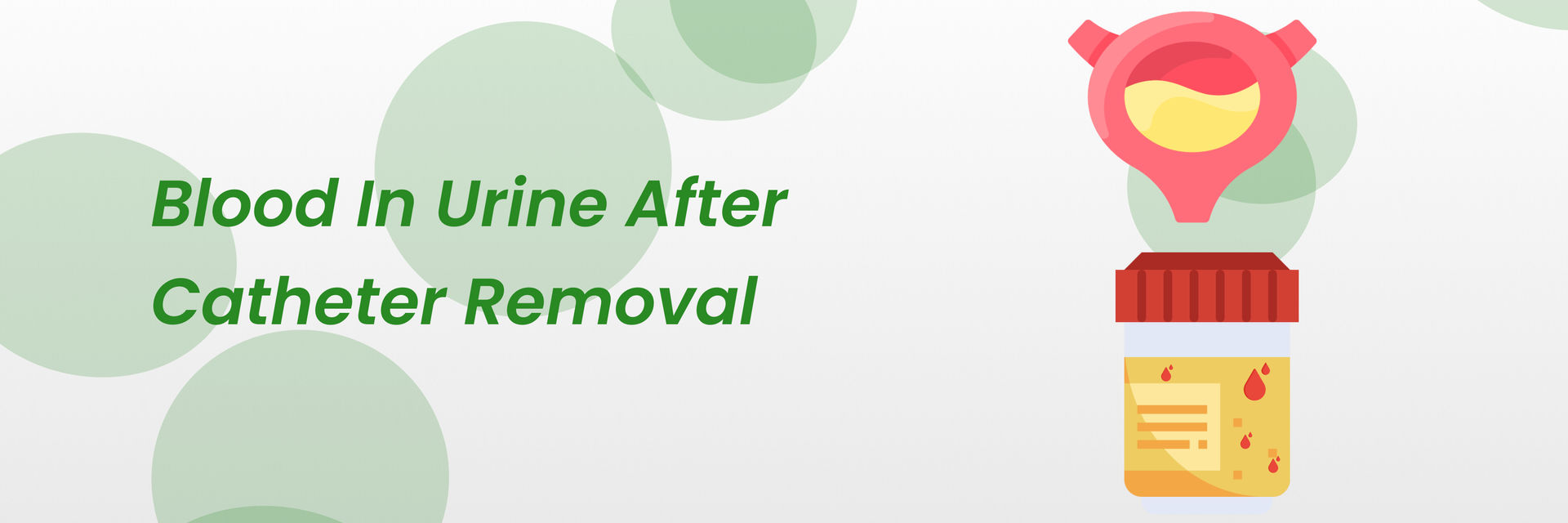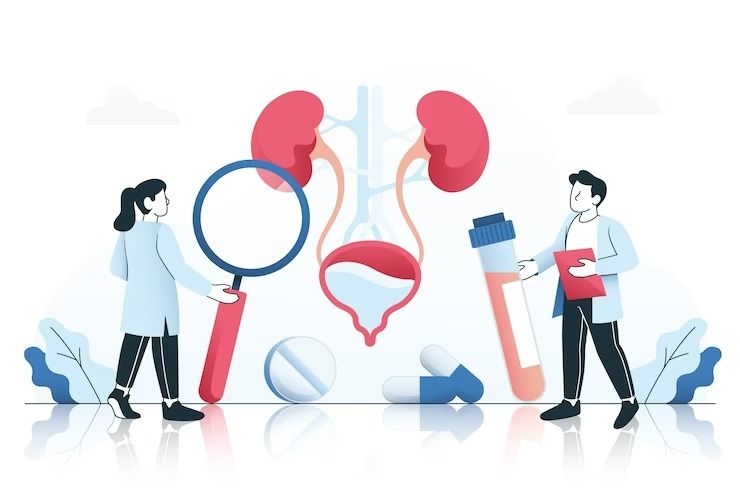A vasectomy is a surgical procedure that stops sperm from reaching a woman's egg to create a baby. It's a permanent form of birth control and it's very effective. During the surgery, the sperm tubes (called Vas deferens) are cut and closed, preventing sperm from flowing out.
After a vasectomy, you might have some pain in your groin, your testicles might swell up or your scrotum might get bigger or damaged. But don't worry, this usually gets better after a week or two.

Are you worried that swollen testicles mean the vasectomy didn't work? Keep reading to find out!
Is Swollen Testicle 2 Weeks after Vasectomy a Concern?

Swollen testicles 2 weeks after a vasectomy are generally not a sign of procedure failure. It's normal to experience some pain, swelling, and bruising in the scrotum area after the surgery. This is usually a temporary side effect that goes away on its own after a few days or weeks.
But, if you experience persistent pain, swelling, or other unusual symptoms, it's important to contact a urologist at the best hospital at the earliest. In some cases, swelling of the testicles after vasectomy can be a sign of serious complications. Such as infection or a blockage in the Vas deferens, which could lead to procedure failure. But generally, if you follow the post-operative instructions provided by your surgeon, the chances of procedure failure are very low.
For your reference we have listed down the possible cause of vasectomy failure.
- Spontaneous recanalization
- Incorrect suture division
- Insufficient vas deferens occlusion
- Duplication of vas deferens
- Unprotected sex
- Epididymitis or swelling and discomfort near testicles. It is a rare side effect of less than 1% of vasectomies. Instead of bacteria, the illness is brought on by sperm engorgement of the epididymis tubules.
Take charge of your health and your life. Contact us today!
Scared, if swelling testicles after vasectomy is a matter of concern? Do not worry, read below to get your answers!
Are swollen testicles 2 weeks after a vasectomy normal?

Yes, it's normal to have swelling in the testicles 2 weeks after a vasectomy. Swelling, bruising, and soreness in the scrotum and testicles are common after a vasectomy, and they can last for several days to a few weeks. This may be severe or mild and agonizing. This is because the body's immune system responds to the surgery by causing inflammation. This can make the area red, warm, and painful. Pain and swollen testicles 2 weeks after vasectomy are the most frequent symptoms. According to the AUA, 1-2% of men who have vasectomy report persistent scrotal discomfort. Although, they rarely require another surgery to reduce the pain.
If you're experiencing swelling that is causing discomfort or pain, you can try using ice packs on the area for 10-15 minutes at a time to reduce the swelling. Wearing supportive underwear like briefs instead of boxers can also help. Along with swelling if you have other symptoms like fever, chills, or increasing pain, you should contact your doctor to discuss your concerns.
Epididymis lies behind the testicles and allows the sperm to go to the vas deferens. Even after a vasectomy, sperm can reach the vas deferens. But it gets backed up because the vas deferens have been blocked. This leads to infection of the epididymis in certain men.
Dr. Sean Byers, MD and co-founder of Health Report Live, shared his insights about swollen testicles after vasectomy. He said,
Swelling of the testes following a vasectomy is normal and typically not a cause for alarm. It is a natural part of the recovery process and should go away within a few days to a week. However, in some cases, testicular swelling may lead to complications such as infection, hematoma, or chronic pain. Keep an eye on the swelling and get medical help if it worsens or turns red or hot to the touch, or if it appears alongside a fever or other symptoms. Otherwise, managing pain and avoiding complications after surgery is as simple as following the surgeon's postoperative recommendations.
What causes swollen testicles 2 weeks after a vasectomy?

- Swelling after 2 weeks of vasectomy can happen because of inflammation. This is a natural response of the body to injury or infection and can cause redness, warmth, pain, and swelling.
- Hematomas can happen after any surgery, including vasectomy. It happens when blood collects outside of blood vessels, causing swelling and discomfort.
- Epididymitis is a condition where the tube that carries sperm becomes inflamed, often because of an infection. Symptoms include swelling, redness, and pain in the scrotum.
- A sperm granuloma is a small lump that can form after a vasectomy. It's made up of sperm and other fluids and can cause discomfort or pain.
- Post-vasectomy pain syndrome (PVPS) is a rare condition where men experience long-term pain in the scrotum and swelling testicles after vasectomy. The exact cause is not well understood, but it may be because of nerve damage or inflammation.
How long after a vasectomy can testicle swelling occur?

Before the surgery, your doctor will numb the region around your scrotum using a local anesthetic. So, you won’t feel anything right after the surgery is finished since the anesthesia is still working.
Your surgeon will wrap your scrotum with bandages following surgery. Your scrotum will feel sensitive, unpleasant, and painful until the numbness subsides. You’ll probably also see some bruises or swelling in the testicles.
For a week or so after the surgery, you may still feel pain and swelling in your testicles. It will mostly go after a few days.
Although you have to take proper measures and steps to ensure full recovery and healing. If proper self-care is not taken the complications of the surgery may get worse and the pain and testicle swollen after vasectomy may aggravate further.
Your health is too important to ignore – schedule your appointment now.
What are the potential complications of a swollen testicle 2 weeks after a vasectomy?
Severe vasectomy complications are rare. The procedure’s potential side effects 2 weeks after a vasectomy include:

- Bleeding or discharge at the surgery site even after 48 hours of surgery.
- Prevailing pain or discomfort gradually gets worse with time.
- Blood in urine, sperm granuloma, benign development in testicles (Not much harmful).
- Feeling nauseous or decreased appetite.
Wondering what are the possible treatments for a swollen testicle after vasectomy? Scroll below to know about it!
What are the treatment options available for swollen testicles 2 weeks after vasectomy?

The treatment options for a swollen testicle 2 weeks after vasectomy depend on the underlying cause of the swelling. Some common treatment options include:
- If swelling and inflammation are present, your doctor may prescribe anti-inflammatory medication, antibiotics, etc. The most suitable treatment for swollen testicles after vasectomy is NSAIDs like Ibuprofen or Naproxen. There are local nerve block or steroidal injections that your doctor will give you to ease the pain, swelling, and discomfort if the former treatments fail to give relief.
- In cases where a hematoma has formed, your doctor may recommend draining the fluid to reduce swelling and relieve pain.
- Warm baths are also recommended treatments for swelling and pain in testicles due to vasectomy.
- In some cases, where no other treatment is effective surgical intervention may be necessary to treat complications such as sperm granulomas or testicular torsion.
It is important to seek medical attention if you are experiencing persistent swelling, pain, or discomfort after a vasectomy. Your doctor can help determine the underlying cause of the swelling and recommend appropriate treatment options.
Want to inquire about personalized treatment expenses? Don't hesitate. Talk to us today.
Is testicle swelling after a vasectomy permanent?

One out of every 20 men may get a testicle swollen after a vasectomy, and there might be a little pain in both testicles as well. This is likely the result of the body's natural reaction to the blockage brought on by the vasectomy. Taking anti-inflammatory drugs like Ibuprofen may give relief. This pain or swelling rarely lasts longer than a week or two. However, in very few of the patients - less than 1 in 100, there might be an exaggerated recurrence of swollen testicles 2 weeks after vasectomy. It may get so worse, that you may need to get medications prescribed by the doctor to get it treated. In very few cases you may have to get another surgery to get the swollen or tender site removed for relief.
Read ahead to know how you can prevent the testicle from swelling!!
What can be done to prevent swollen testicle 2 weeks after vasectomy?

After a vasectomy, it's common to have some swelling and discomfort in the scrotum area. But, there are things you can do to prevent the swelling from getting worse. Here are some tips:
- Follow the instructions given by your doctor after the surgery. This may include not doing heavy activities, lifting heavy things, and wearing supportive underwear.
- Put a cold pack on the swollen area for 10-15 minutes at a time (as guided by your surgeon), a few times a day, for the first few days after the surgery.
- Take painkillers or medicines prescribed by your doctor to help with the pain and swelling.
- Wear supportive underwear like an athletic supporter or compression shorts to give your scrotum extra support.
- Drink plenty of water to keep yourself hydrated, which can help prevent a complication called a hematoma.
- Keep the area clean and dry to avoid getting an infection.
References:
https://www.uptodate.com/contents/vasectomy-beyond-the-basics
https://pubmed.ncbi.nlm.nih.gov/12310335/
https://www.healthline.com/health/mens-health
